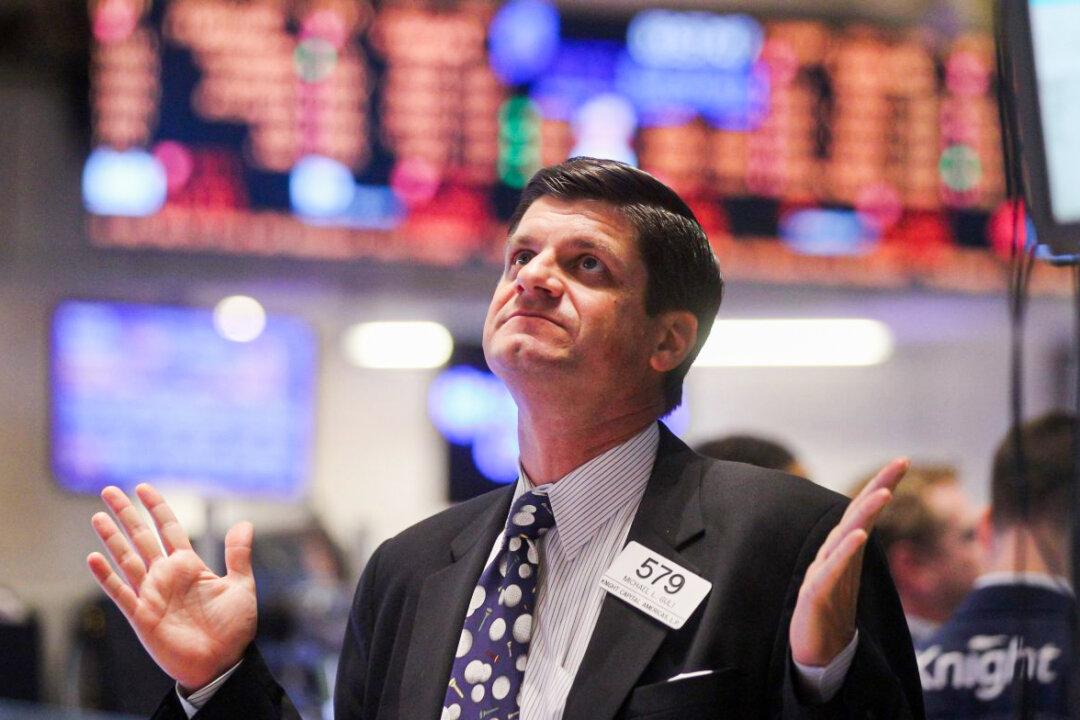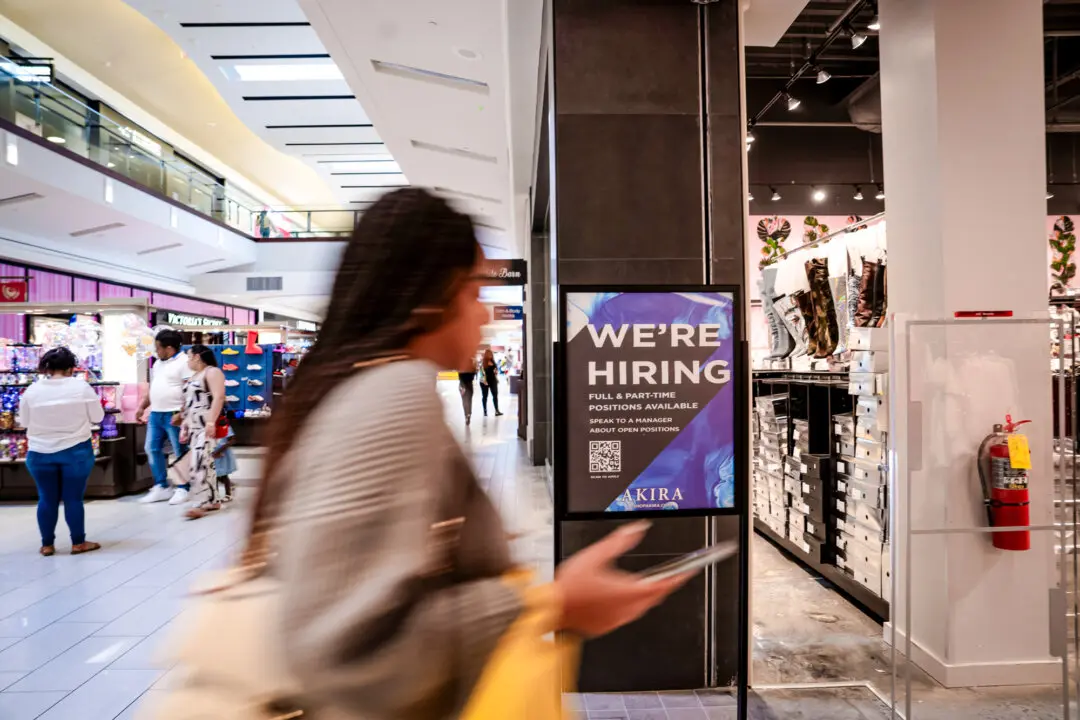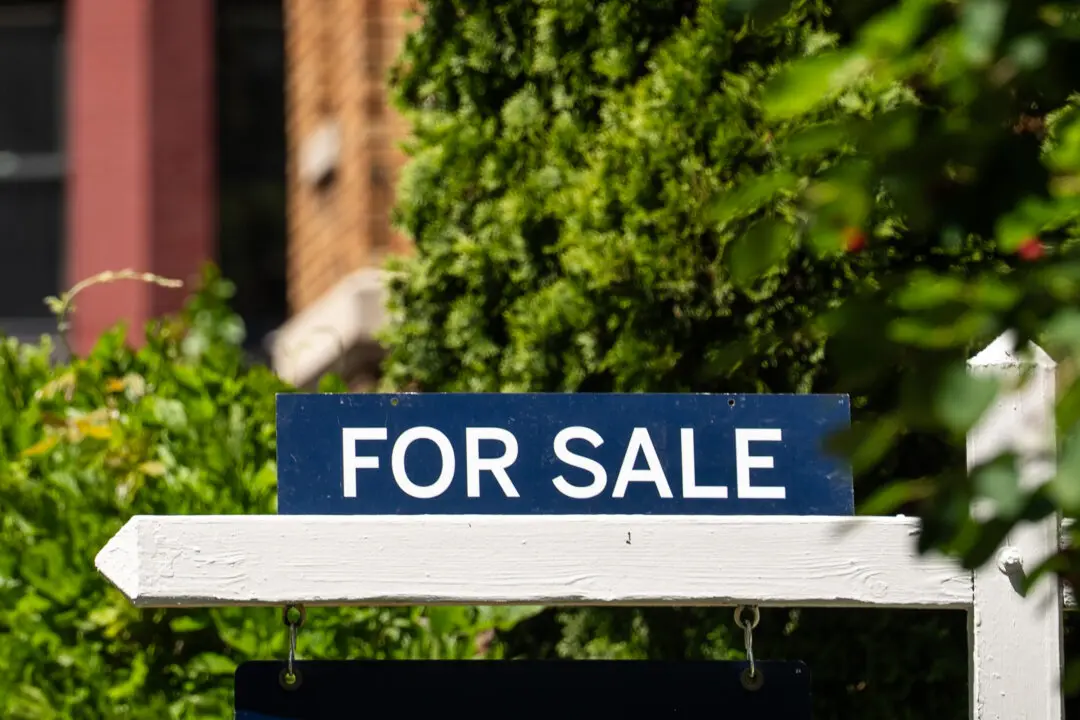CEO confidence in the U.S. economy is waning as survey results and comments from top executives suggest a dim outlook.
The Conference Board’s second-quarter measurement of CEO sentiment revealed that 57 percent anticipate the economy to go through a “very short, mild recession.” This represented the fourth consecutive quarter of declining expectations.





